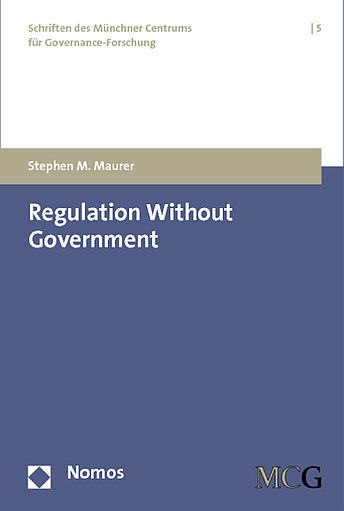englischEffective private sector self-regulation typically requires unanimous agreement. Historically, this has forced organizers to design weak initiatives that every industry member can agree to. Not surprisingly, these “lowest common denominator” standards have often been weak. Many observers take this as a sign that self-regulation is inherently ineffective. But is this true? Many New Economy industries repeatedly converge on strong and even controversial standards. Indeed, the dominance of Microsoft and other Internet giants is based on this phenomenon. In these cases, at least, standards organizers do not even try to please everyone. Instead, they focus on being the first to achieve some critical mass of supporters. Thereafter, economic forces tend to reinforce the dominant standard until even its opponents join.
So far, most New Economy standards have been narrowly focused on technical specifications and economic issues. However, there is no reason why the same market forces cannot be made to serve self-governance and policy goals. This article describes a landmark experiment in which a small group of European biotech companies did just that. Despite early opposition, their voluntary system for screening customer orders against terrorist threats has now been adopted across the industry. This is true even though the new practices require much more effort than official US government guidelines.
Prof. Maurer’s article explores this example in detail and explains why similar “strong self-governance” experiments should be possible in most high tech industries. More than this, he argues that industry self-governance will usually reflect democratic values. In the process, he breathes new life into the concept of industry self-regulation. Finally, Prof. Maurer suggests concrete steps that government can take to promote future self-governance experiments by industry.
Der Autor des vorliegenden Bandes argumentiert gegen die inhärente Schwäche der Governance-Initiativen aus der Industrie heraus. Vielmehr können vor allem in High-Tech-Industrien dieselben Marktkräfte genutzt werden, mit denen Windows und andere kommerzielle Standards betrieben werden – dies vor allem in der Biotech-Industrie.



